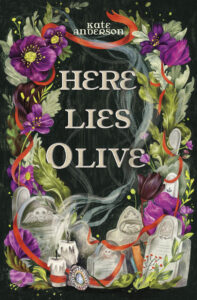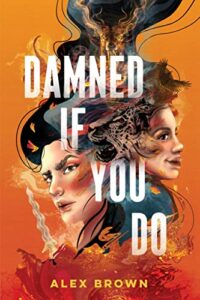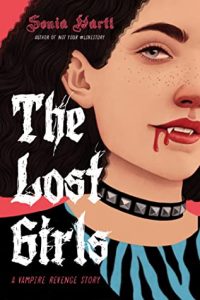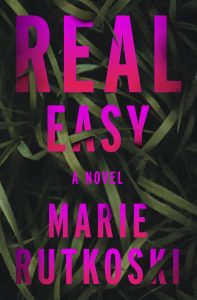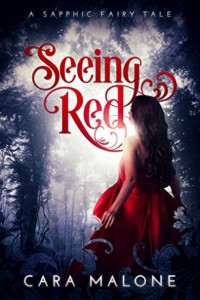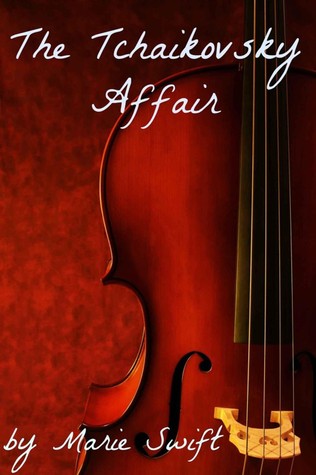Here Lies Olive by Kate Anderson is a young adult fiction novel that follows sixteen-year-old Olive as she navigates unwitting friendships to save a ghost that she accidentally-on-purpose brings into the material plane in order to find out if the Nothing that she saw when she “died” after an allergic reaction is really all there is at the end. She is constantly thinking about the Nothing; it becomes such a preoccupation and such a big source of anxiety for her that she abruptly ends her friendship with her best friend Davis, and she has to figure out how to be by his side again post-Nothing when his new girlfriend pulls both Olive and Olive’s school enemy Maren into his life.
I’m not usually a YA person, but the premise of Here Lies Olive was so good that I decided to give it a chance. I’m glad I did! I liked this story a lot more than I expected. The author really captures the drama of being a teenager in a way that I found myself able to get into. At times when I typically would have started rolling my eyes or DNF-ing any other YA novel, I instead found myself able to accept the over-the-top reactions to the dramatic situations Olive and her friends find themselves in due to the way Kate Anderson set up the story. Of course Olive is dramatic; she’s a teen who died, came back to life, and is now terrified about the dark, lonely fate that she thinks awaits her and everyone she’s ever cared about. Of course she stopped hanging out with her best friend and thinks that losing his friendship will hurt less than losing him to the Nothing; she’s a teenager. She doesn’t know any better. I completely understood where Olive was coming from. It reminded me of how big every emotion felt during my own teenage years, and I didn’t even have ghosts or the Nothing to deal with. Olive is definitely the sort of character I could see a younger me finding a lot of solace in.
I was also pleasantly surprised by how much I enjoyed the budding relationship between Olive and Maren. I’m a big fan of enemies to lovers, and while their rivalry wasn’t as strong or visceral as I typically like my rivalries to be, it still seemed plenty important to Olive and Maren, and that was good enough for me to keep reading. A slow-burn has to be a very specific brand of slow-burn for me to love it, and I think Olive and Maren almost hit that mark within this genre.
What really kept me reading, though, was the supernatural aspect of the book. I really love the way Kate Anderson made sure to keep the ghostly details going throughout the story. I was worried that, at some point, the ghost stuff would drop off to be replaced by just regular teenage life, but the book’s supernatural element was up and in your face until the very end. Even the town Olive lives in is spooky! Nearly everybody has a job somehow associated with death, and I wouldn’t be surprised if one hundred percent of the population claimed that Halloween was their favorite holiday. Olive always thinks of the Nothing once she comes back from it, and the moment she brings Jay’s ghost into the fold, she stays with him, intent on righting her wrong and getting the confirmation she craves about what truly happens after death. Olive never loses her curiosity with the thing that led me to pick up the book in the first place, and that kept me holding on when I could have dropped off.
Here Lies Olive still contains some of the regular qualms I have with the Young Adult genre: a villain revealed in the third act who the main character could have figured out was the villain in the first act, parents who talk to their teenagers like they either have no time for them or like they’ve all gone to therapy, and a solution to a problem at the end that feels way too perfect. But I still enjoyed it, and I would easily recommend this book to anyone who wants a YA novel with a bit of a dark twist.
Content warnings for death (obviously), ghosts, and some gore that I didn’t expect but actually really liked.

